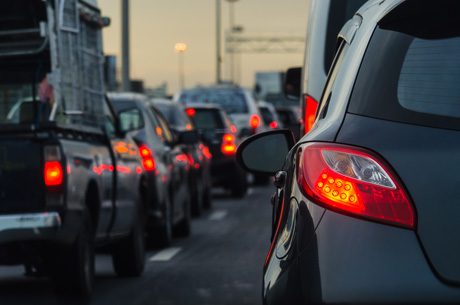
As the VW emissions rigging scandal continues to unfold in the US, it seems likely that fraudulent testing procedures have had an even bigger impact in Europe, where air quality experts have long puzzled over the seeming ineffectiveness of the emissions regulatory regime, and the failure of vehicle emissions standards to deliver hoped-for reductions in the levels of pollutants such as NOx. Calls for further investigation also look likely to implicate other car manufacturers in similar test rigging scandals.
VW has so far recalled 482,000 VW and Audi cars in the US, after the Environmental Protection Agency (EPA) discovered that models using Type EA189 engines had been fitted with a device designed to reduce emissions of NOx under test conditions. The firm said around 11m vehicles worldwide may have been fitted with the device. If true, it means the vehicles in question could have been responsible for up to 1m tonnes of NOx emissions every year. The Guardian compared the amount to the emissions from the power station Drax, the biggest power station in Western Europe, which emits around 39,000 tonnes of NOx per year.
In Europe almost half of cars are diesel, compared to 3% in the US. So if similar practices have been in place on this side of the Atlantic, the quantity of NOx emitted from this source could be proportionately greater.
Testing times
“The Volkswagen emission scandal has put the spotlight on vehicle emission testing not just in the US, but globally,” commented Tim Barlow, principal consultant at TRL, a specialist in transport research and consultancy. “The full extent of the problem is not yet known, but if similar practices are taking place in the UK, then this could well have contributed to the current air quality problem we’re facing,”
While European air quality has consistently improved in recent decades, there remain areas where the levels of key pollutants regularly exceed the limits imposed by EU legislation. In the UK an especially problematic pollutant is NOx, for which a key contributor is diesel engines.
“NOx emissions should not be taken lightly,” said Barlow. “Aside from helping to form smog, they also have a serious health effects; including contributing to the development of respiratory and lung diseases and cancer. So we need to ensure that all steps are taken to reduce emissions where possible and meet stringent targets.”
Greg Archer of the NGO Transport & Environment commented in the Daily Telegraph that the problem was probably not limited to diesel engines, citing anecdotal evidence of similar gaming of test results being underway with petrol cars with respect to CO2 emissions.
EU standards need to tighten?
In late September the group issued a report highlighting problems with the EU’s testing regime, that it was allowing 90% of new diesel vehicles to breach EU limits. Liberal Democrat MEP Catherine Bearder commented in the Daily Telegraph on the need to tighten EU emission standards and ensure they are properly enforced, a move which could save thousands of lives.
“What the issue has done is to bring to the forefront the need for changes to existing test procedures,” said Barlow. “Current testing methods are outdated and offer room for error or optimisation, so it’s imperative that industry, governments and regulatory bodies work together to find the best way forward. Ideally we need to move towards a testing model that’s based on real driving emissions, carried out with vehicles operated on normal roads. This should be followed up with in-use compliance testing, whereby a sample of vehicles already in use are tested to check they still comply with the emissions limits.”
Shares in VW have fallen steeply since news of the scandal broke on Monday 21 September, with around 30 billion Euros having been wiped off the value of the company.







